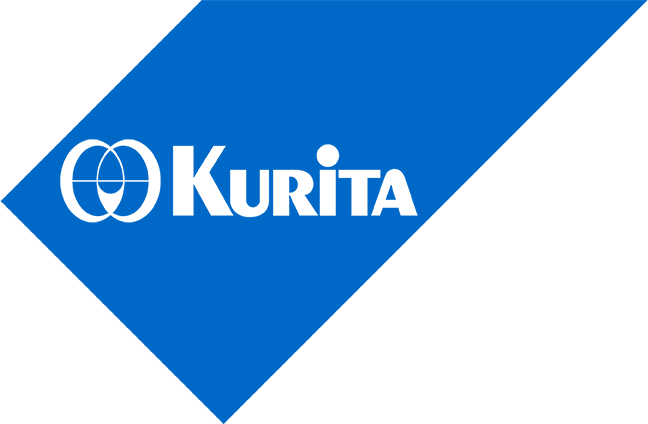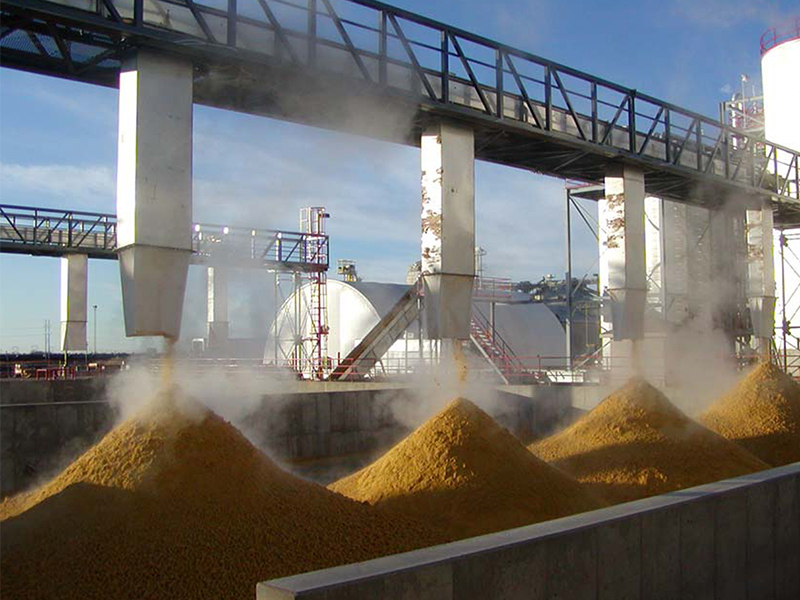In 2011, the FDA was given a new mandate to require comprehensive, science based preventive controls across the food supply. These regulations, collectively called the Food Safety Modernization Act (FSMA), apply to food for both human and animal consumption. While there have been rules governing food additives and safety for many years, these new rules further refine the requirements around control plans. The new rules are just now going into effect, and specific plans will need to be implemented by food producers over the next couple of years based on the number of employees in the plant or the parent organization.
The new mandate includes requirements for Prevention, Inspection, Response, Imports and Enhanced Partnerships. Of these requirements, one that U.S. Water can have a large impact on is the Prevention phase, in which our customers will need to prepare a written plan detailing how they will keep unapproved food or color additives from contacting the food or food process. This includes water treatment and process treatment chemicals.
U.S. Water is the largest supplier of water treatment chemistry to the dry grind fuel ethanol industry, and this market segment is very much impacted by the new FSMA regulations. As part of our on-going support for this industry, we have undertaken an intensive project to attain documented approvals for raw materials which can be safely used in treatment chemistries where the chemicals might contact animal feed. This project has taken over two years to complete, but we can now provide complete water treatment and process treatment solutions, with documentation available, to support our customer's requirements for the Prevention phase of their FSMA plan.
Our documentation is provided to our customers in the form of a Letter of Assurance. These detailed letters spell out how we guarantee the approval of the raw materials in each of the U.S. Water chemical formulas. The approvals come from a number of sources. Some of the raw materials are approved as Generally Recognized As Safe (GRAS) by the FDA, or the American Feed Control Officials (AFCO). For others, we have letters from the Center for Veterinary Medicine (CVM). However, this covered only a portion of the chemicals needed to provide effective treatment chemistries. U.S. Water then contracted with an industry respected scientific and legal organization, to obtain independent third party approvals. These approvals are based on extensive review of scientific literature. Your U.S. Water field representative can help you select the proper Animal Feed Compliant treatment chemistry for your plant, and can provide you with the appropriate documentation for your safety plan.
One of the most frequent questions we get is “what treatment chemicals are impacted by these rules?” Obviously, anything that is intentionally added to the food process or animal feed is on the list. But it's less obvious if non-contact cooling water is required to be animal feed compliant at an ethanol plant. The answer depends on a few things. First, if all or any portion of the cooling tower bleed is returned to the ethanol process, then it must meet the new rules. Therefore, Zero Liquid Discharge plants should use animal feed compliant chemistry in their cooling water. But increasingly, many of our customers are taking the conservative approach that all water streams should be treated as having the potential to reach the process, either due to a heat exchanger leak or a spill that returns to the process. This is described as incidental contact. Ultimately, it is up to our customers to determine whether this conservative approach is needed for their plants. The decision will be based on their concerns about liability, or possibly as a result of requirements from the companies they are selling the animal feed to. In either case, U.S. Water has the programs and the documentation to support you.

